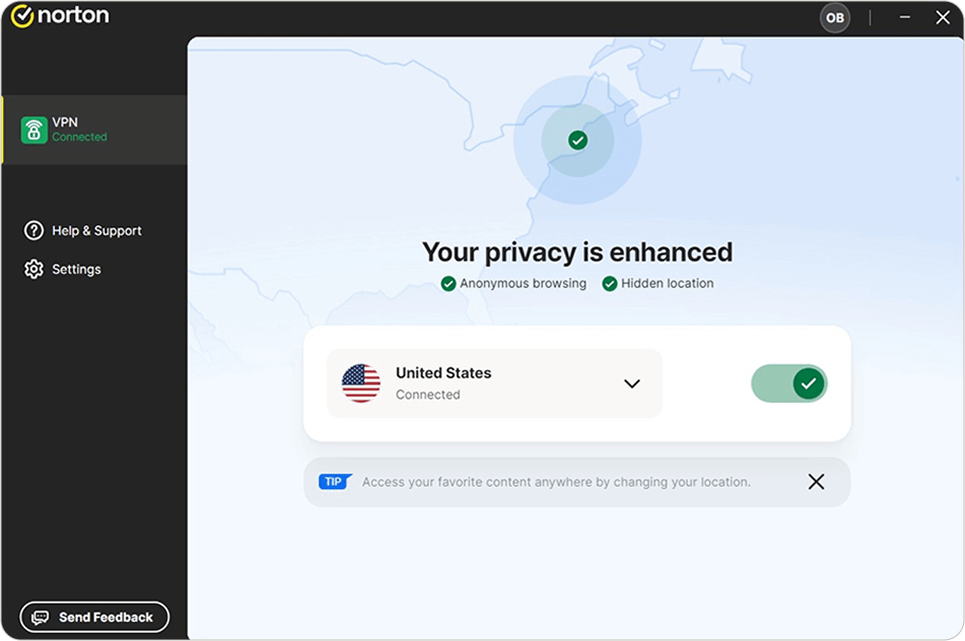What to do if you lose your license: 8 essential steps
Learn what to do if you lose your license and 8 steps to help protect your identity.
Updated May 07, 2025
Get expert identity protection tips to stay safer in the event of leaks, breaches, and identity theft.

Powerful protection, free to try. Browse free tools and test-drive Norton products.

Explore more topics in digital privacy.
Want more?
Follow us for all the latest news, tips, and updates.